Year abroad after graduating from high school – What happens after you graduate from high school?
What is a year abroad?
Do you have your high school diploma in your pocket or are you about to do so? Then you've probably already thought about what to do next. Go straight to university, or maybe you would rather do an apprenticeship? A YSF or volunteering could also fit into your plan if you still want to keep all options open. Maybe you want to take a year abroad after you graduate?
If you still have no idea, like it after graduation If you want to continue, that's not a problem - an orientation phase is common for many high school graduates and is primarily used to recover from the stress of learning and to enjoy the new freedom. Such a gap year can be completed both at home and abroad. So why not plan the bridging period as a year abroad?
If you experience more than just relaxation If you want to, there are numerous offers, such as volunteer work, internships, work and travel or language trips with cultural exchange, that will help you advance in your personal development and still give you the time to visit your dream country. the big advantage such a decision: You acquire valuable skills and, unlike tourists, you don't live in a hotel, but in local communitiesthat show you new mentalities and enable life-changing experiences.
In this text we will explain to you what facets such a year abroad has in store for you and how you can prepare for it.
Popular projects
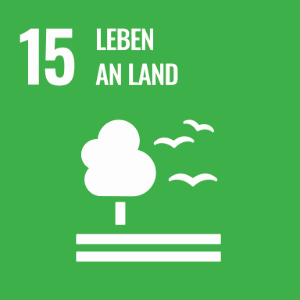
South Africa | wildlife
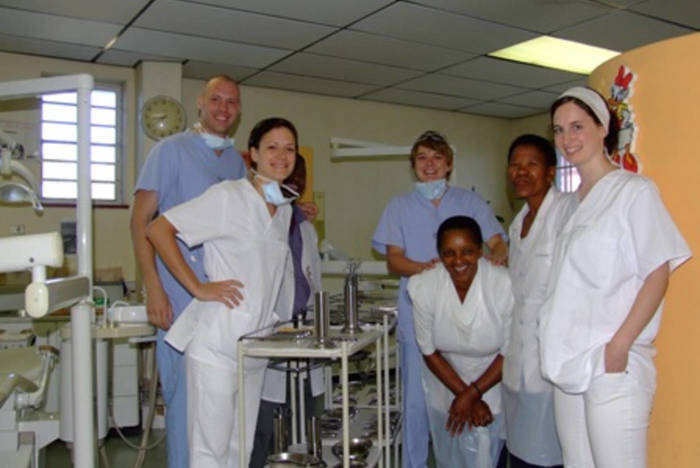
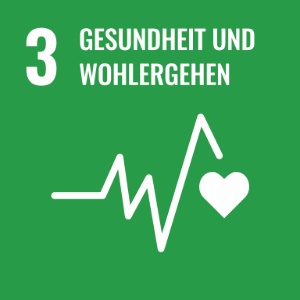
Ghana | medicine & care
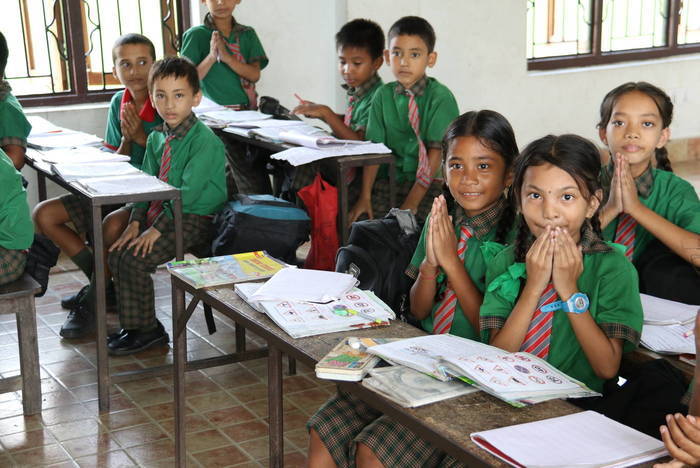
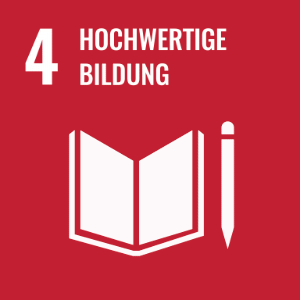
Nepal | Social & Teaching
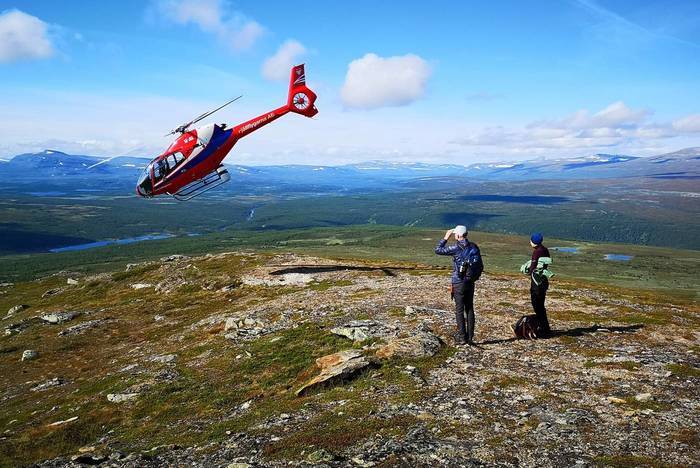
Sweden | adventure trip
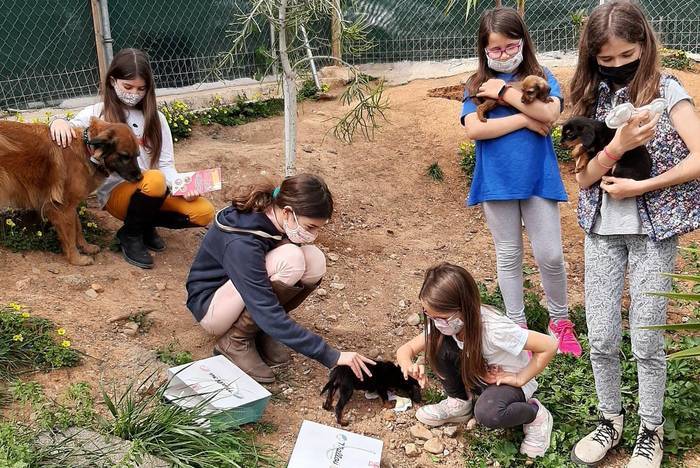

Greece | dogs & cats
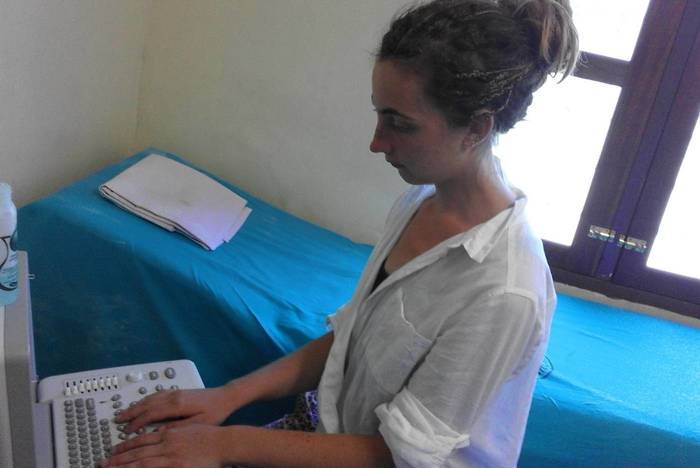

Tanzania & Zanzibar | medicine & care
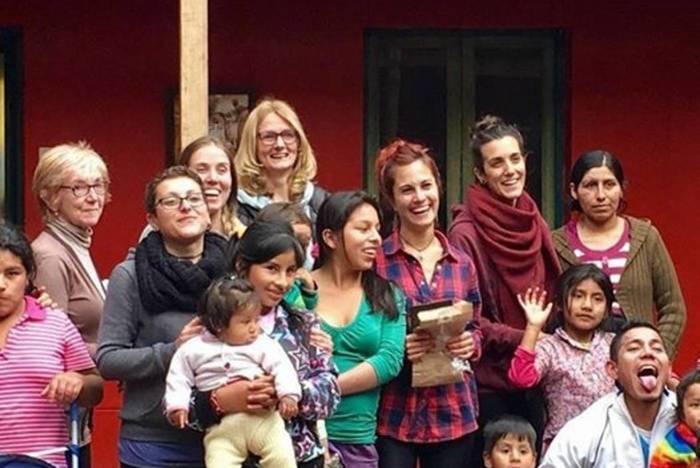

Peru | Social & Teaching
Viet Nam | round trip
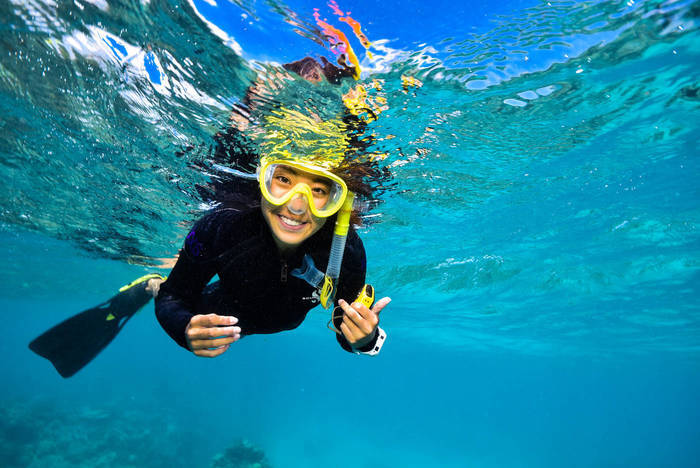
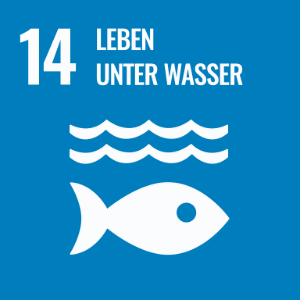
Australia | marine protection
Guide for your year abroad after graduating from high school – what experience would you like to have?
Interests and goals
Before you apply for a country or a project, you should think about what you want to achieve with your stay abroad after graduating from high school. If you're passionate about languages, you might be looking for opportunities to put your skills to the test.
Or would you like to get to know certain countries that have always interested you? Initial work experiences or getting a taste of a specific field of activity are also exciting. Maybe you would like to combine several programs?
This is a good opportunity to ask yourself what interests you in general: Are you good with children? Are you interested in working with animals? Or maybe you prefer professional insights into Medicine, media, languages or Environmental Protection? The good news: The choice of your year abroad can, but does not have to, be the guide for your future. Use the time to try things out and plan the year after you graduate as a challenge.
Cultural affinity
Is there a culture that you have always wanted to immerse yourself in? Many countries have a completely different mentality than your home country, are particularly hospitable or radiate an incredible joy of life. Maybe you have already done a student exchange and would like to go there again? After graduating from high school, you finally have all the freedom to explore your dream country according to your own rules.
Whether in Europe, Asia, Africa or Latin America, everywhere you will meet people who often have to struggle with different challenges than you know from your home country. Integrating and adapting here may take months or even a year, but it will lead to life-changing experiences that will leave a lasting impression on you.
linguistic proficiency
How proficient you are in foreign languages, should also be included in the planning. In many cultures you will be able to communicate with a basic knowledge of English; elsewhere you will be more likely to get along with French or Spanish. In many places there is more than just one official language. Perhaps you have already been able to practice your foreign language skills on a student exchange or have you chosen certain language elective subjects at school?
So inform yourself well Before your gap year, what communication requirements you should meet. If you are unsure, a language course can give you the security you need to optimally prepare for your program. Many courses are also offered in the target country, so you can learn directly on site.
Security situation and standard of living
Your well-being is the top priority so that your year abroad is a success, even without major costs. You can't expect Western standards everywherewhen it comes to accommodation or travel comfort. And safety is also a keyword that should appear in your planning.
A good Travel preparation is important! Find out more before applying For your year abroad, thoroughly learn about your host country, how you can get around safely and what the legal situation is there. Also consider the living expenses that will affect you.
Even if the local infrastructure breaks down for a short time and you have to make do without electricity or running water: adapt to the locals, stay open-minded and calm. Dealing with challenges flexibly will increase your awareness of less privileged societies and will remain valuable even after your year abroad.
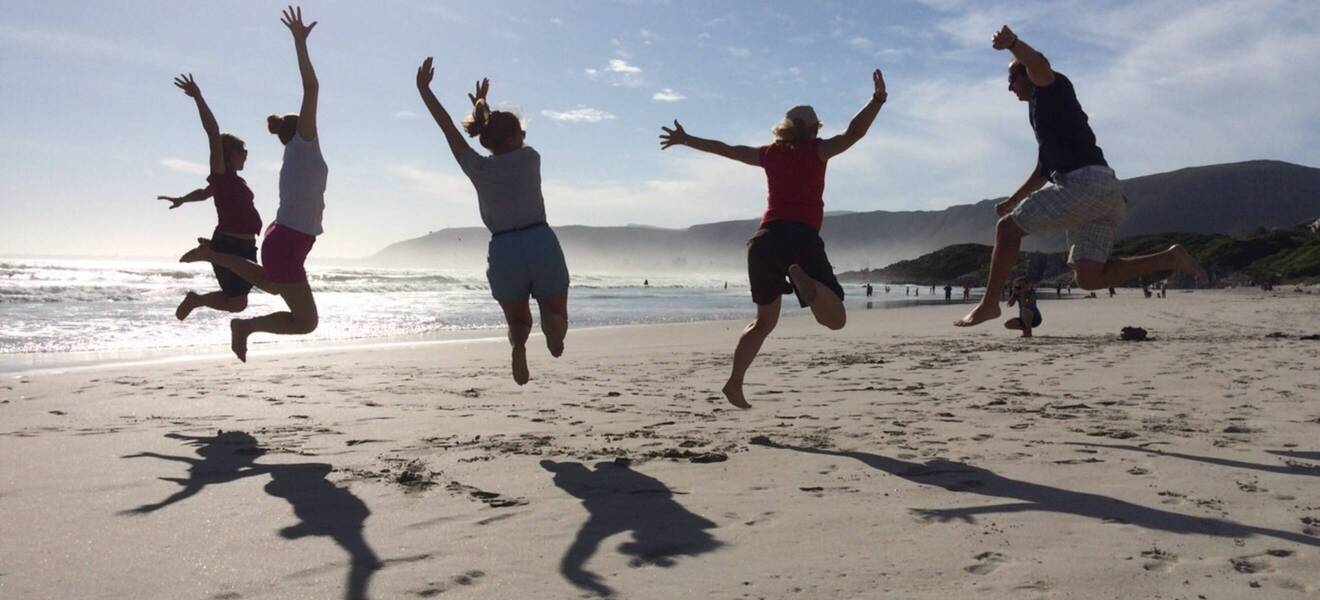
From travel expenses to scholarships – financing your year abroad
Traveling costs money and as a high school graduate, your financial resources will certainly not be limitless, but that shouldn't stop you from your tour. We have put together a few pointsthat you have at the Financing your year abroad to be able to help.
- Job: Even before or during your Abitur, you can earn money through part-time or student jobs in order to get the necessary travel budget together.
- Sponsors: You can try family and friends as Sponsors to win and, for example, persuade them to contribute to your travel fund at Christmas or on their birthday.
- Working abroad: Work and Travel or working as an au pair allows you to earn money directly on site and thus finance part of your stay.
- Scholarships: Some public institutions, organizations and foundations award scholarships on a regular basis scholarships, where part of your costs are covered. Pay attention to the registration period and other conditions that you have to meet.
Get information about yours before you apply Abroad program an overview of the costs of your year abroad. Don't forget the flight costs for the return trip, the application fees for a visa or passport and pocket money for the journey.
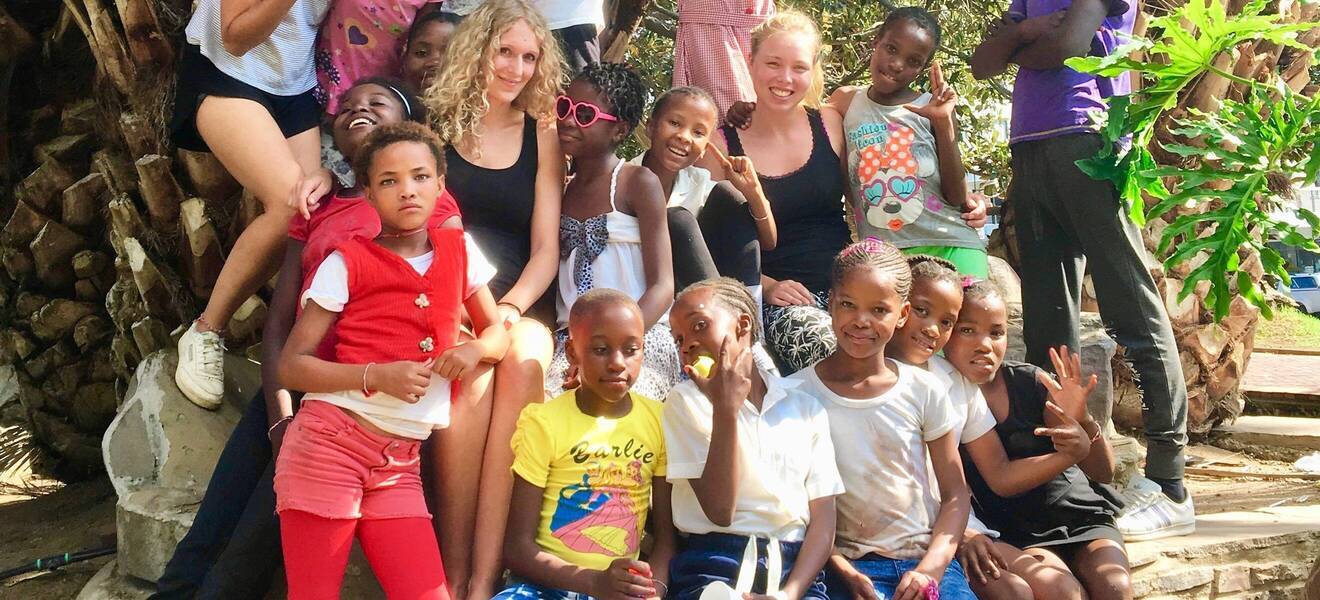
What you shouldn't forget before you leave
Visa, passport and entry requirements
In many countries you need one to enter the country Visa. Don't forget to apply for it in good time and check how long you can stay in your destination country. If you want to stay longer than your visa allows, you should find out under what conditions this is possible.
Don’t forget your passport too! It must be valid long enough and, if it does not already exist, it should be applied for in good time. Also, make copies of your most important documents to be on the safe side. It is best to find out more about the exact entry requirements for each country on the website Foreign Office.
Packing List
Create packing lists, so you don't forget anything. If you take part in a project, the team can also tell you in advance what should definitely not be missing in your suitcase!
Travel insurance and health care
You should definitely have one for your year abroad after graduating from high school Health Insurance, a Accident or liability insurance and take out travel cancellation insurance. These are usually required in the application for your gap year project. We recommend travel protection from our partner ERGO travel insurance, which contains all of the components mentioned.
Nobody wants to get sick while traveling abroad. That's why, in addition to insurance coverage, you should also find out about it Health care and hygiene inform in the destination country. Maybe you need vaccinations or shouldn't drink the tap water. If in doubt, you can at the Center for Travel Medicine inquire and seek advice from a (tropical) doctor before your trip.
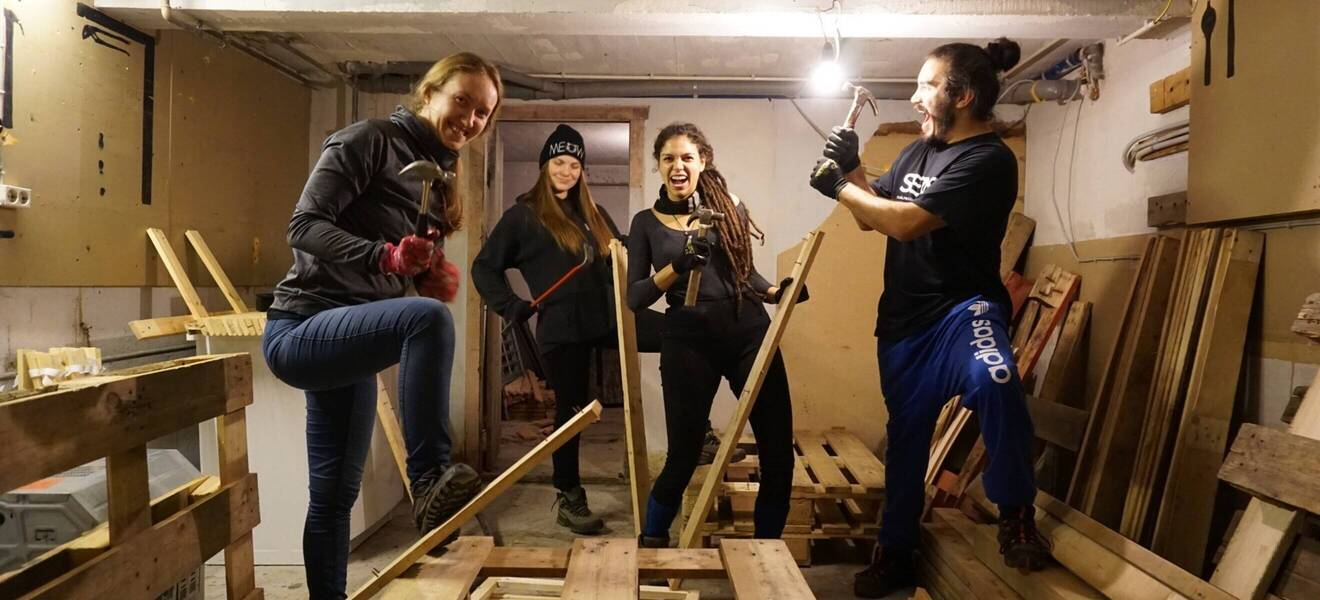
How preparing for your year abroad minimizes culture shock
Cultural integration and adaptation
With good preparation you can avoid many unpleasant surprises or one culture shock avoid. Research the culture beforehand of your travel destination, but still be prepared for unprepared situations, as you will only learn many local norms in practice.
A rule of thumb: The longer you stay there, the more you can get used to the local way of life. That's why it's definitely worth going abroad for weeks or months after you graduate.
In contexts with colonial past Cultural competence is particularly important as it helps develop sensitivity and awareness of the complex history and ongoing impact of colonialism. Culturally competent individuals are better able to understand and appreciate first-hand perspectives, which leads to more respectful and inclusive interactions.
Everyday life and leisure activities
Try to learn a lot of the language so that you can communicate with the locals and take advantage of opportunities such as attending local events and trying local dishes cultural competence to appropriate. This will bring you closer to the local population, allow you to make contacts and is a good distraction against homesickness. The following applies: “Learning by doing”. Through your direct involvement in cultural life, you will learn more than just observing.
Be sure to be open to new insights and respect the customs and traditions your host country. In this way you show your respect for the population and you will quickly find friends from whom you can learn a lot of advanced knowledge about the way of life.
Additionally, if you remain patient and open-minded, as any adjustment takes time, you will see yourself becoming more familiar with society's language, values, and norms.
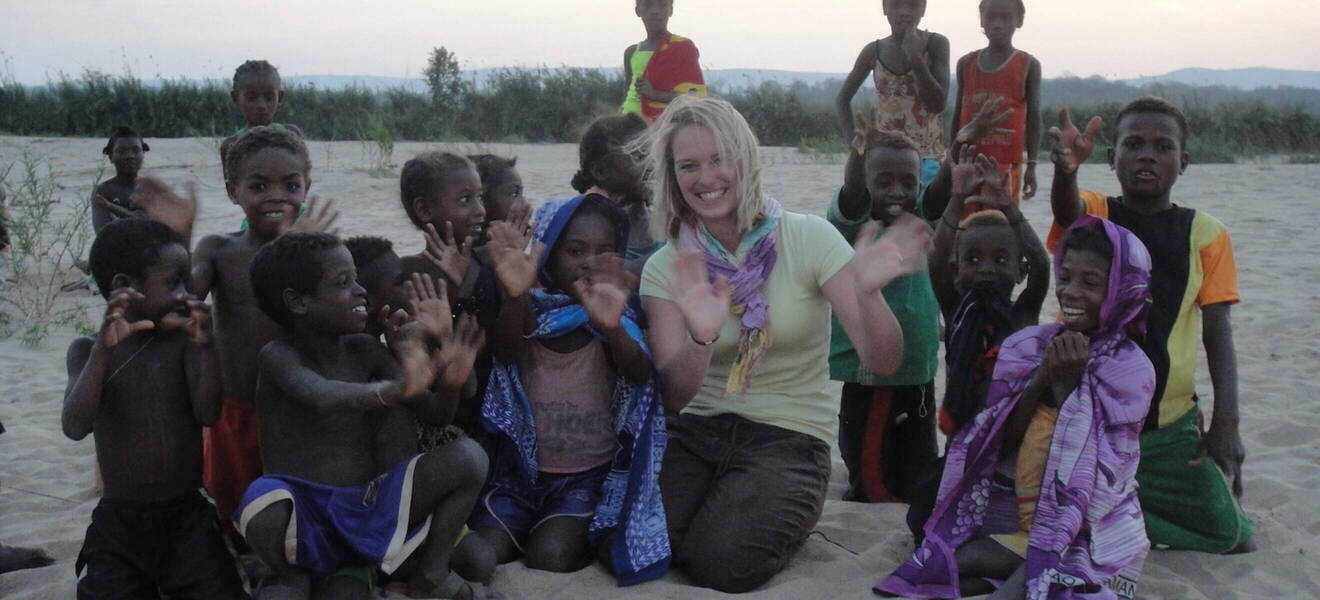
Opportunities for a gap year
Volunteering abroad
If you are for Volunteering abroad If you decide, you have the opportunity to visit a country during your gap year and do something good at the same time. As a volunteer, you make the world a little fairer and support local communities.
>> To the weekly volunteer online event
Here you work with local teams on challenges that you are not familiar with from your home country and are much closer to the people, culture and mentality of your host country than a conventional tourist.
As a rule, the project on site expects a short application from you with a cover letter and CV so that the team can get an initial impression of you. In social projects that work with children, for security reasons you may also be required to provide a police clearance certificate, which you must attach to your application.
Advantages:
👍 Travel and get involved in local projects at the same time
👍 Volunteer teams on site help with settling in and cultural exchange
👍 Get to know other volunteers and explore your host country together
👍 If you are interested, combine several volunteer projects in the same country
Disadvantages:
👎 No financial compensation for your work
👎 No short-term assignments possible - at least 4 weeks participation period
Internships and educational programs abroad
If you already have a rough idea of what career you want to pursue after graduating from high school, you can Internship get a taste of working life. Professional experience abroad is valued and sometimes even required by many employers.
A classic example is this medical internship, or the Internship abroad, which can also be completed abroad under certain circumstances. If you would like to complete a compulsory internship abroad during your studies, it is important that you do so Check the conditions with your university, so that you can have the work done certified.
Here you will learn methods and working methods that can open up new horizons for you - not to mention the flexibility and independence that you will gain during your internship abroad.
Benefits:
👍 Gain valuable professional experience abroad for yourself and your CV
👍 Get to know challenges and methods that you don't know from the local job market
👍 Have your internship abroad recognized at your university
Disadvantages:
👎 Regular working hours leave little time for travel
👎 Previous experience, ongoing or completed studies or training in the specialist area are usually required
👎 Often the internship is not paid
Sabbatical
This is not aimed at recent high school graduates, but at people who are already established in their professional lives and would like to take a break. The wishes for one Sabbatical can be diverse:
A break from the monotonous everyday work routine, a return to the essentials or the desire to travel to a foreign country for a longer period of time. Sabbatical programs are usually always included optional single room offered, so that a place to retreat is always guaranteed in the project.
Benefits:
👍 Bring your specialist knowledge into projects as a Skilled Volunteer
👍 You use the time off from your job wisely
👍 New perspectives and areas of activity bring a breath of fresh air into your everyday work and open up new professional opportunities
Disadvantages:
👎 Depending on the employer, who must approve the period for the sabbatical
👎 A sabbatical is usually unpaid
Travel & Trips
If you love variety, you can split up into small groups Travel Trips and explore the impressive nature of distant countries. With experienced local guides and like-minded adventurers, you will travel through national parks or visit dream beaches and let the locals show you corners of their country that would otherwise remain hidden to most people.
Benefits:
👍 Group experience with like-minded people
👍 Organization is taken care of by the organizer
👍 Imparting skills and surviving or navigating in nature
👍 Can be easily booked in addition to volunteer work, internships, etc
Disadvantages:
👎 Little scope for individual design of the trip
👎 The program is already fixed in advance and may contain content that is not all equally interesting to you
👎 Group trips require a lot of willingness to compromise
Work and Travel
Would you like to plan a cost-effective year abroad after graduating from high school, but don't want to be permanently tied to one place? With Work & Travel you set your personal travel pace and earn some of your money while you're there with odd jobs.
Countries like Australia have adapted to this type of stay abroad after high school and offer adapted visas that make your application easier. Work & Travel is especially for you if you make spontaneous decisions and are good at making your plans on the spot.
Benefits:
👍 You can earn part of your travel costs directly on site
👍 Travel countries at your own pace and experience work life and culture in equal measure
👍 Development of personal skills such as independence and self-confidence
Disadvantages:
👎 Financial cushion needed as wages are usually not enough
👎 Good organization is required, as well as the overview to plan precisely on site
language
If the primary goal of your stay abroad is to learn or practice a foreign language, then a language trip with cultural exchange could help you with this. These often take place in combination with international educational programs such as language courses and require a lot of personal initiative.
You should communicate a lot with the locals to make quick progress. In many cases, a language trip can easily be combined with other offers such as volunteer work abroad.
Benefits:
👍 The best atmosphere for specifically learning a foreign language
👍 In addition to the language, experience the culture of your host country and make friends with native speakers
👍 Certification for universities usually included
Disadvantages:
👎 usually shorter than a year abroad and therefore less time to immerse yourself in the culture
👎 The quality and costs of language schools can vary greatly independently of each other
Au Pair Course
If you are good with children and prefer longer stays abroad with a host family without high costs, you can apply as an au pair. In return for accommodation, food and possibly a small amount of pocket money, you will take on childcare and help around the house. In this way, you will get to know everyday family life in your desired country and improve your language skills at the same time.
Benefits:
👍 Experience the culture and language of a country authentically from the perspective of a host family
👍 Accommodation and food are provided, sometimes there is pocket money
Disadvantages:
👎 Few opportunities to travel as you are tied to one location
👎 Whether you feel comfortable depends largely on the family you live with
Voluntary services (BFD, FSJ, FÖJ)
As an offer for people outside of school and work, the federal voluntary services allowed a commitment to the common good. The offers are funded by the federal government and can be completed at home and abroad (as long as the provider has its headquarters in Germany).
The Federal Voluntary Service (BFD) was introduced when compulsory military service was suspended in 2011 and replaced community service. People of all ages can get involved in social activities here. The BFD can also be completed several times.
The Free Social Year (FSJ) is aimed at school leavers under the age of 26, lasts one year and, like the BFD, takes place in social institutions such as retirement homes, daycare centers or facilities for the homeless and disabled. There are also providers with specific focuses, such as the FSJ Culture, FSJ School or FSJ Politics.
The Voluntary Ecological Year (FÖJ) has similar requirements to the FSJ, but takes place in nature and environmental protection institutions, such as forest work, research or environmental education.
Benefits:
👍 Officially funded by the federal government
👍 Insurance is taken care of for you, you also get pocket money, accommodation and 26 days of vacation
Disadvantages:
👎 The application deadlines require very early planning with a lead time of one year
👎 Job selection is limited
👎 Many Bufdis feel unappreciated, especially when doing voluntary service within Germany
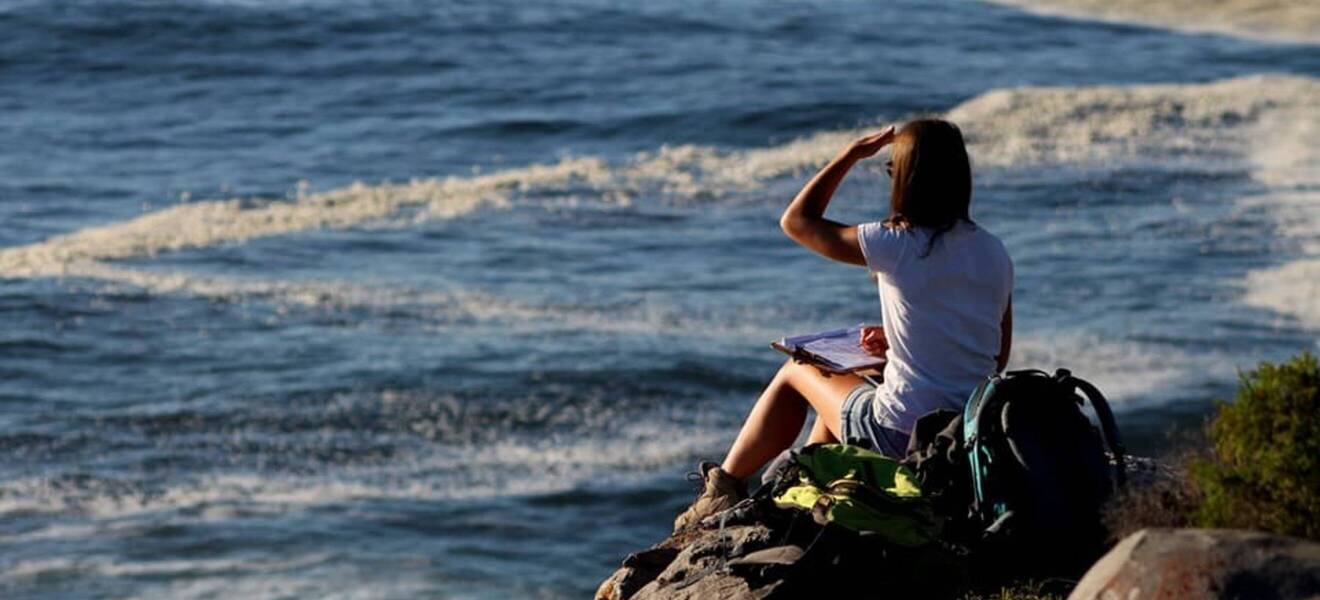
What's next?
Consulting
Still unclear? If you would like to find out more about the possibilities of a gap year, there are numerous places to go. On Info fairs you can meet organizers and find out more details.
No trade fair within reach? Rainbow Garden Village also offers consultation appointments, which are free and non-binding. Whether by phone, email or in an informative online event, any questions you still have will be answered here.
Testimonials
If you prefer to receive first-hand information about your desired projects, you will Testimonials particularly helpful. Former volunteers or interns occasionally write reports in which they talk about everyday life, tasks, challenges and experiences. A good opportunity to find out about highlights or insider tips in advance.
Maybe the report also warns of bad experiences that you can then avoid? When you have finished your year abroad, you can write a report about your experience and help future volunteers make their decision.
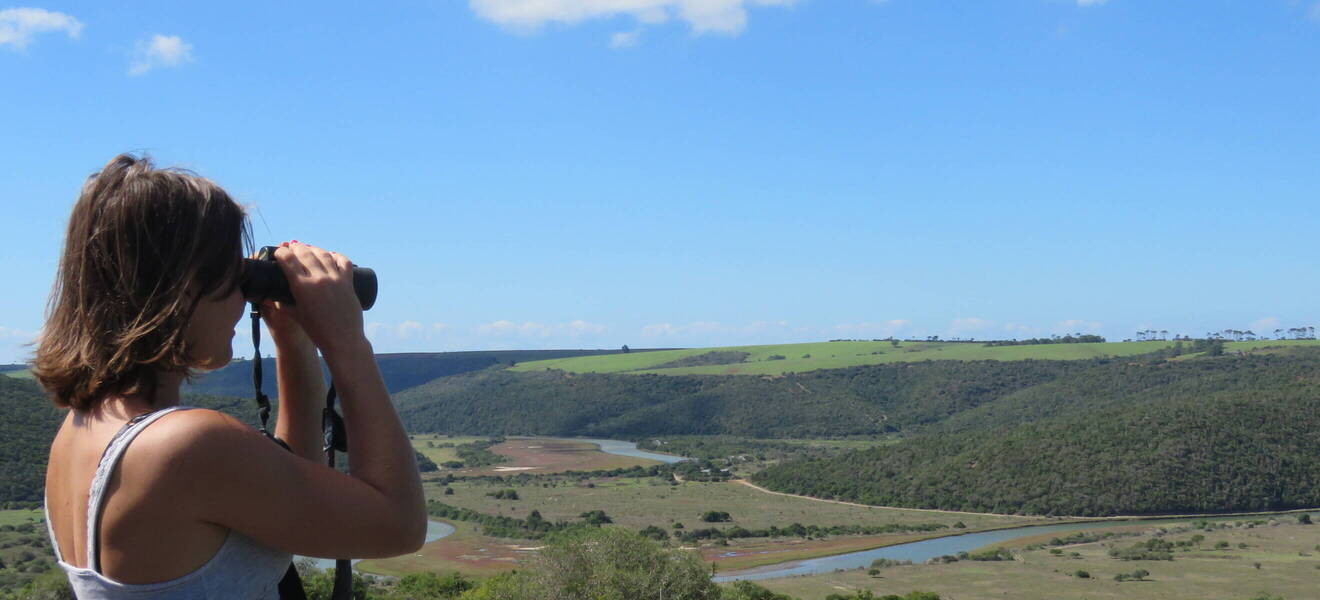
Returning after your year abroad – recap and outlook
If you talk about your volunteer project return home, you will be richer in many insights than before and may have had time to think more carefully about your future if it was still unclear. Set new goals now. Maybe you would like to continue learning the local language and network with your host family in the long term?
Maybe your trip has inspired you to move on and tackle the next travel destination straight away. Have you made contact with other volunteers on your trip and would you like to see them again?
Stay connected via social media, maybe next time you can set off together as Travel Buddies. If you have been involved in volunteer work, you can also support the communities you have met and organize fundraisers beyond the duration of the project.
Whether together or on your own: Every trip expands your horizons and lets you see the world with new eyes.
FAQs: Frequently asked questions about foreign programs with RGV
Preparation
How far in advance do I have to register?
Ideally your registration takes place at least 3-6 months before the desired departure date, But also short-term registrations are up 1-2 months before the planned departure is possible.
But it could be that your dream project is already booked. In this case we will try together to find a suitable alternative for you.
Can I travel with a friend or in a group?
Yes! On request we enable a double room if you for two with a friend or a friend, or an apartment or other suitable accommodation for groups.
We are very happy to enable our participants to go on a project and share accommodation with friends. Shared accommodation is usually possible both in the volunteer house and with the host family, although the room in the volunteer house may also be shared with other participants. In some locations there is also the option of sharing an apartment.
When registering, please always mention the person(s) traveling with you!
Which previous knowledge do I need?
For most projects are Soft skills such as reliability, initiative and a sense of responsibility as well as the motivation to support a project are sufficient. Good linguistic proficiency (English or Spanish or French) are a great advantage. For some projects, however, specific knowledge necessary - you can read about this in the respective project description.
What insurance do I need?
In order to be able to take part in one of our projects, you need the following insurance:
- Health Insurance
- Private liability insurance
Make sure that the insurance is valid in your destination country!
When do I have to submit the documents?
Documents are only required after a binding registration. You should send us a letter of motivation and your CV by email immediately after registering. We need all the remaining documents no later than 4 weeks before departure.
Here you have one Overview of all required documents.
How do I change money into local currency?
It is best to take a credit card with you and withdraw money from the machine on site. Here you will find information about a free Visa card.
Will the project be recognized by my university?
As a rule: Yes! It is important that you let us know in advance Requirements of your university/college to a project (e.g. nursing internship). Internship specifications and focal points can be adhered to as long as we are informed about this and can therefore search for the appropriate placement.
Do I need a visa?
Yes, for some countries there will be one Visa needed! For many RGV destination countries, a visa must be applied for in advance. We will give you thorough instructions and obtain the necessary letters of invitation from your destination country.
Will I receive a confirmation of participation?
Yes, after your successful participation in an RGV project you will be issued with a confirmation of participation.
How can I get involved in my project after I return?
There are many ways to get involved as an RGV returnee upon your return. On the one hand, educational work in your area is a good start to make people aware of the project and the need. For example, organize an event at your university or in your community.
You can also send donations in kind and money to your project, which are always gratefully accepted. Find out in our magazine article about other ways you can continue to support your project from home.
>> Ask us an individual question <
We are happy to answer you from Monday to Friday between
10: 00 and 12: 00 clock and 14: 00 and 16: 00 clock
your individual questions. Just give us a call! Plan an individual consultation appointment with us or send us your message.
Costs & Financing
What additional expenses can I expect on site?
We have already covered most of the costs with your participation fees. Nevertheless, you should have additional costs of average 75 to 130 euros per week plan on. The largest additional costs usually arise from your personal expenses and your leisure activities. The amount varies depending on the country and activities.
During the preparation of the trip, costs for the entry visa may arise. Not every visa has a fee associated with it.
What are the participation costs?
The program costs vary depending on the country, project and duration of participation. At the end of each of our project descriptions you will find the program costs and the included services.
What does the organization use my money for?
Meaningful volunteer work abroad is associated with numerous cost factors. What are they and why is that so? => Detailed information can be found in our Article on the subject.
Sign in
How can I sign up?
Did you find your dream project? Perfect! Then you can now register with binding effect. Simply click on the "Register now" button in the respective project description and fill out the form. You can find more detailed information on the registration process in our Volunteer Guide.
How does the flight booking work?
As soon as we have confirmed your registration by email, nothing stands in the way of booking a flight. We have clearly described the best way to book your flight here:
Can I combine projects?
Yes! You can combine projects at one location, at different locations, but also in different countries. It is also possible to combine a project with a trip. You can specify your desired combination directly when registering.
Combination options at a glance:
- Combine programs in one country
- Combine programs across countries
- Combine a program with a language course
- Combine a program with ours Adventure & Trips
There are a few things Project combinations to note: The minimum length of stay per project must be observed and you may incur additional costs for country combinations, for example for an intermediate flight.
Can I extend on site if I like it?
Yes, this is possible from our side! The following points must be checked:
- Availability on site: The project must not be fully booked at the time.
- Validity of the visa: Your visa may need to be valid long enough.
- Rebooking the return flight: If you have already booked a return flight, you should be able to rebook it.
Health
Which vaccinations are recommended?
The required vaccinations vary greatly from country to country. For example, more vaccinations are required in the tropics than in the extratropical latitudes. In the health care we recommend using several information channels as a matter of principle:
• Consultation with the doctor
• Information from the Foreign Office
You can get general information about recommended health care and vaccinations online Center for Travel Medicine as well as on the side of Foreign Office.
On site
Are there other volunteers on site?
Yes! At our larger locations and in most animal welfare projects, you can be sure that you will meet other volunteers on site. Only in exceptional cases can it happen that there are no other volunteers on site.
Most of our volunteers come from German-speaking countries and other European countries.
=> Feel free to ask us by phone, how your project and your participation period look like.
Are there contact persons on site?
At all of our locations we have contact persons and RGV teams on site who will be happy to be there for you during your stay.
What are the working hours in the project?
Working hours can vary greatly between individual projects. Most of the time, however, you will be working on the project between 5 and 8 hours a day, 5 days a week. In the social field, the weekends are usually free.
Is there internet on site?
Often there is WiFi in our accommodations. If this is not available, the mobile network is usually sufficiently developed to go online. You can get a SIM card cheaply on site. Your team leaders can give you tips on this.
Can I travel on the weekends?
Almost all of our participants are in theirs free time very active and use the weekends or the days off to Journeys!
At most locations there are always several participants on site, so you can go on tour together. Our teams have plenty Tips for you and will be happy to advise you on organizational issues, such as public transport.
Can I travel after my project?
Yes, of course you can continue to explore the country after your assignment. However, you must observe the expiry date of your visa. You can also find them all here travel deals from RGV, which you can optionally book.
